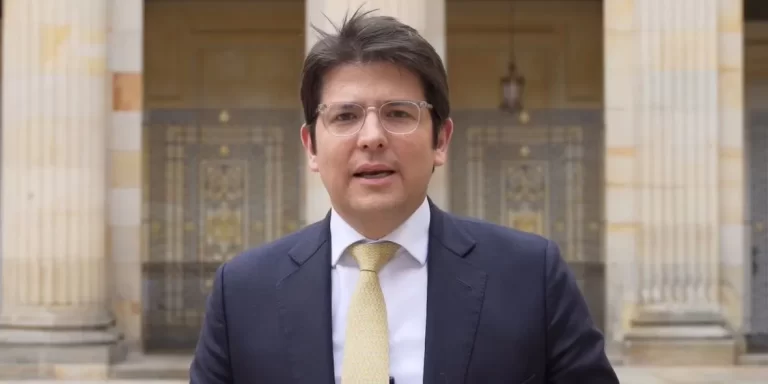[ad_1]
WASHINGTON (Reuters) – President Donald Trump suggested challenging licenses for NBC and other broadcast news networks on Wednesday, a salvo that followed reports his own secretary of state had called him a “moron” after a discussion of the U.S. nuclear arsenal.
“With all of the Fake News coming out of NBC and the Networks, at what point is it appropriate to challenge their License? Bad for country!” Trump, a Republican, wrote in a post on Twitter.
Trump and his supporters have repeatedly used the term “fake news” to cast doubt on critical media reports about his administration, often without providing any evidence to support their case that the reports untrue.
Any move to challenge media companies’ licenses, however, would likely face significant hurdles.
The Federal Communications Commission does not license broadcast networks, but issues them to individual broadcast stations that are renewed on a staggered basis for eight-year periods.
Comcast Corp (CMCSA.O), which owns NBC Universal, also owns 11 broadcast stations, including in New York, Washington, Los Angeles, San Francisco, Boston, Dallas and Chicago. A Comcast spokeswoman referred questions to NBC, which did not immediately Wednesday.
A spokesman for FCC chairman Ajit Pai did not immediately comment.
ABC, owned by Walt Disney Co (DIS.N), declined to comment.
Democratic Senator Ed Markey wrote Pai on Wednesday asking him to “withstand any urges from President Trump to harm the news media and infringe upon the First Amendment,” a reference to the U.S. constitutional guarantee of free speech and press freedom.
Markey added that “it is inappropriate for the president to propose challenging broadcasters’ licenses because he disagrees with their coverage.”
‘FAIRNESS DOCTRINE’
According to a fact sheet on the FCC website, when reviewing licenses the agency must determine if a renewal is in the public interest.
The FCC said in the fact sheet it expects “station licensees to be aware of the important problems and issues facing their local communities and to foster public understanding by presenting programing that relates to those local issues.”
The agency does not issue similar licenses for cable networks like CNN and MSNBC, or regulate internet news or other websites.
The FCC has said the First Amendment “expressly prohibits the commission from censoring broadcast matter” and that its role “in overseeing program content is very limited.”
In the early 1970s, then-President Richard Nixon and his top aides discussed using the FCC’s license renewal process as a way of punishing the Washington Post for its coverage of the Watergate burglary that ultimately brought down his presidency.
NBC News has reported on tensions between Trump and Secretary of State Rex Tillerson, and has said Trump sought a dramatic increase in the U.S. nuclear arsenal during a meeting with national security advisers in July. NBC reported Tillerson made his “moron” comment after that meeting.
Trump on Saturday also suggested that he should get “equal time” because late-night television hosts are “dealing with the Democrats for their very ‘unfunny’” material that was “anti-Trump.”
The FCC’s equal time rules apply in limited cases to air time for political candidates and not to criticism of elected leaders.
Trump may have been referring to the “Fairness Doctrine” that was designed to ensure broadcasters present opposing viewpoints about public issues. Republican President Ronald Reagan’s administration eliminated it in 1987.
Writing by Makini Brice and David Shepardson; Additional reporting by Jessical Toonkel in New York; Editing by Frances Kerry and Paul Simao
[ad_2]
Source link






Leave a Reply